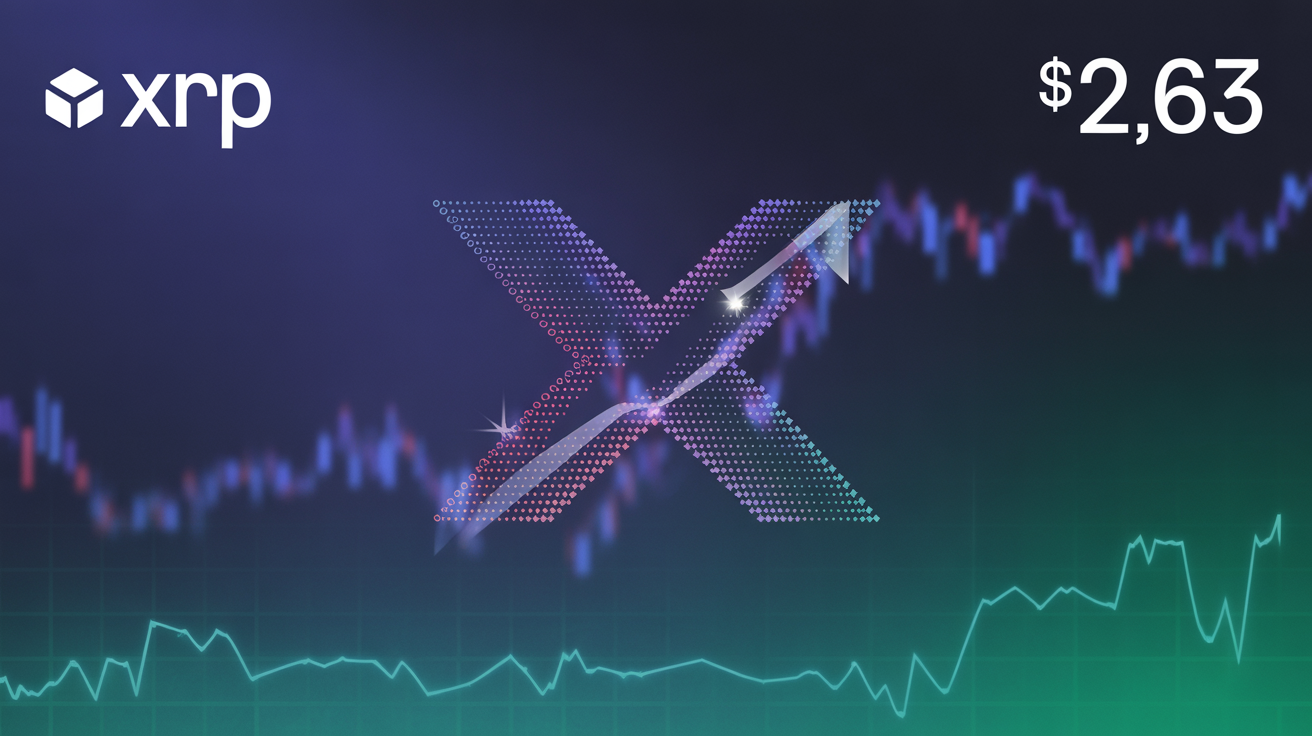The expansion of decentralized finance (DeFi) and asset tokenization continues to fall short of industry expectations, JPMorgan said in a research report released Wednesday. Analyst Nikolaos Panigirtzoglou pointed to lackluster recovery since the 2022 crypto downturn and minimal institutional traction, despite infrastructure improvements.
“Total value locked (TVL) in DeFi remains well below 2021 highs,” the report stated, noting that most activity is still driven by retail and crypto-native participants rather than traditional financial institutions.
Institutional Inertia Remains
Despite the introduction of permissioned lending pools and KYC-enabled vaults aimed at institutional compliance, large-scale adoption from traditional players has been limited. JPMorgan attributes this to a combination of regulatory fragmentation, legal ambiguity surrounding on-chain assets, and ongoing concerns about smart contract vulnerabilities.
As a result, institutional engagement with crypto remains focused primarily on bitcoin (BTC), rather than broader DeFi ecosystems.
Tokenization Adoption Sluggish Despite Headlines
The bank also flagged slow progress in asset tokenization, despite growing industry interest. While tokenized assets have reached a combined value of around $25 billion—including $8 billion in tokenized bonds—most initiatives remain relatively small, illiquid, and in early-stage or pilot phases.
Notable efforts such as BlackRock’s BUIDL fund and Broadridge’s Distributed Ledger Repo (DLR) platform have demonstrated some operational efficiencies but still lack meaningful scale.
“In private markets, tokenization is largely controlled by a handful of players and has yet to develop a viable secondary market,” Panigirtzoglou wrote.
TradFi Skepticism Runs Deep
Traditional investors remain hesitant to embrace blockchain, with many citing the inherent transparency of public ledgers as a drawback. Institutions have historically preferred opaque trading environments like dark pools and off-exchange venues—an approach that blockchain directly challenges.
Even with regulatory initiatives such as the SEC’s “Project Crypto,” aimed at updating rules to support digital asset markets, JPMorgan believes that policy changes alone may not be enough.
“Fintech has already delivered speed and efficiency gains within the traditional system,” the report noted. “Without a clear advantage, traditional finance still sees limited need to adopt blockchain-based alternatives.”





